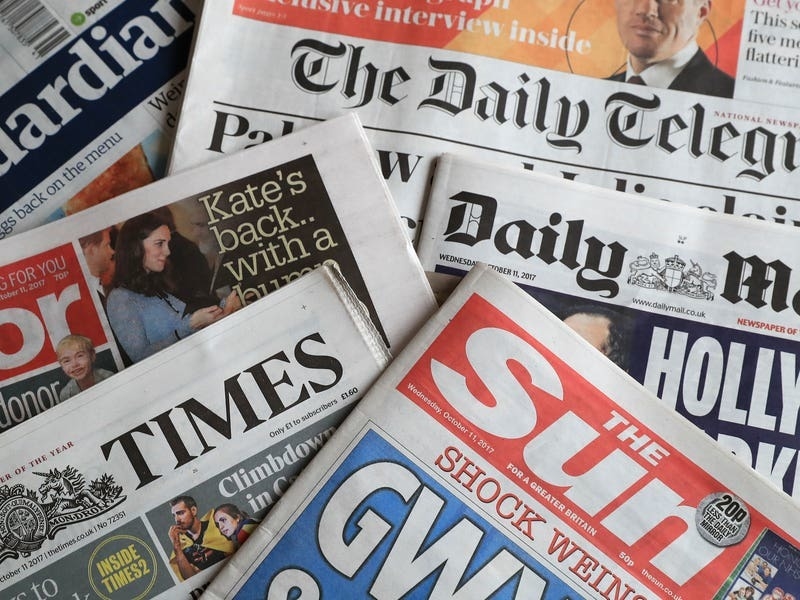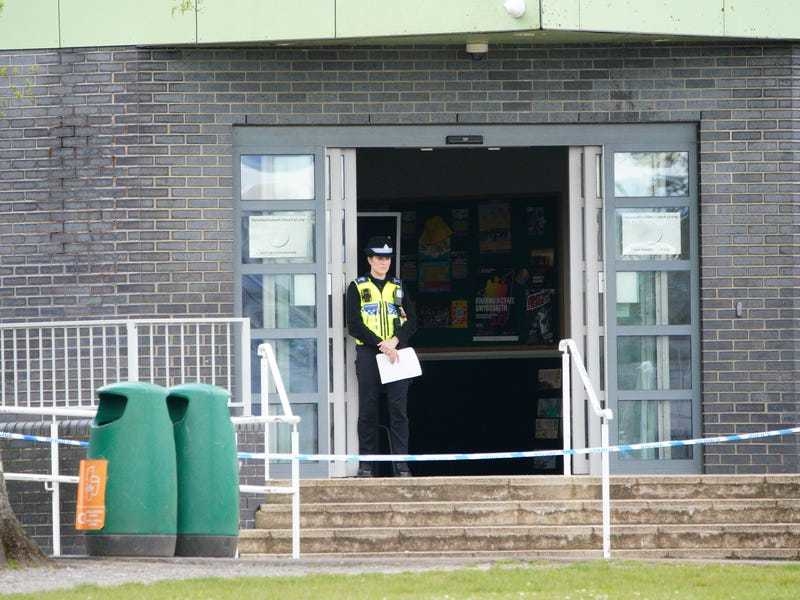By Gavin Ashenden
I HAD forgotten what fun road names were.
We have some wonderfully rude names in our islands. They are perpetually sources of laughter and humour, even if they are hard to live with for locals.
Fanny Hands Lane in Ludford, Minge Lane in Upton-Upon-Severn. Pratts Bottom in London always makes children giggle out loud, as does Brown Willy in Cornwall. Nob End in Manchester is hard to take seriously but saved by its spelling; Shitterton in Dorset is matched only by Crapstone in Devon.
But it’s not toilet humour that is energising critics so much as political correctness (of course). So Shitterton has been left untroubled but ‘Darkie Lane’ has been the source of social turmoil suddenly.
One day last summer, a family who lived in a city came to Dorset for a short holiday, and were shocked and offended when they stumbled across Darkie Lane. They wrote to Swanage Council expressing their horror at the not even implicit, but explicit racism embedded in the address.
The good news is that the council’s power to alter place names has been restricted. They can only do it if two-thirds of the people who live there can agree. And, they didn’t.
As so often, the legislation governing local councils is complex and differs across the British Isles. But Michael Gove is bringing in new laws shortly making it compulsory for all councils to consult residents about any woke changes.
Blackboy Lane in Haringey, London, (and Hill in Bristol) have caused horror. Sadiq Khan insisted the name should be changed to La Rose Lane, after John La Rose an ‘activist’. La Rose is certainly a prettier address, but doesn’t get round the broader problem of having to explain our cultural history. ‘Blackboy’ in a name is much more likely to be about English chimney sweeps rather than African slaves. But this doesn’t cut much ice in our post-truth age where offence and personal horror trump fact and history.
A couple of years ago, Birmingham Council decided that the old lists of road names weren’t good enough. They were half right of course. ‘Acacia Avenue’ does little to deepen the richness of our cultural experience. But they went into utopian-nanny-overdrive in order to inspire the good people of Birmingham to tune their consciousness to the impetus for social revolutions, and came up with some inspiring alternatives:
‘Diversity Grove, Equality Road, Destiny Road, Inspire Avenue, Respect Way and Humanity Close.’
Given the lust our bureaucrats have for power to tell us off or give us good advice, we are lucky it hasn’t gone any further. Town with stations in them might lose Station Approach, and be given instead ‘See it, Say it, Sorted Way’. If coronavirus experts find their way anywhere near committees that choose names we will have the first steps of infantile hygiene made perpetually present with ‘Hands, Face, Space Place’. ‘Catch it Bin it Kill it Close’. We could go further with ‘Protect the NHS Avenue’.
‘No Hate Avenue’ would be a nice reminder of how we would like the world to become, but might make it hard to go home after a bad day in the office, or be hard to live with if one’s marriage is going down.
There is little poetry in politics, which is one of the reasons for keeping politicians on as short a lead as possible. Looking at the world through the lens of power makes for an ugly horizon that art, poetry and music can otherwise beautify.
But perhaps the greatest difference between politicians and art, or power and love, is that politicians don’t tell the truth, but love does.
Shakespeare asks if names matter. One of his most poignant quotes suggests that maybe they don’t. Juliet whispers to Romeo,
‘O, be some other name!
What’s in a name? That which we call a rose
By any other name would smell as sweet;’
But just because Juliet makes a point poetically and prettily doesn’t mean Shakespeare was presenting it as true. The end of Romeo and Juliet is a tragedy. The love of two teenagers is found not to be enough to heal the rage and revenge their two families are trapped in.
Of all people, Shakespeare knew the power of names. Names are words. Words change lives, minds and hearts. Words convey or hide truth. Words matter.
In fact, with a title quoting Juliet’s aphorism, a neurological paper published by McGill University in 2008, conducted an examination of whether presenting an odour with a positive, negative or neutral name would influence how people perceive it.
The result won’t surprise you. A smell was rated more pleasant when it came with a pleasant name.
But then advertisers have always known this too, and spend millions looking for the right words and slogans to affect our response and get us to spend money.
Words are at the heart of our culture wars. Being able to tell the difference between good and evil, real and unreal, will be the key to whether a society survives or fails. Being able to use words to tell the truth marks the difference between sanity and insanity.
Abolishing Darkie Lane or Blackboy Hill in favour or ‘You Can Be Whatever You Want To Be Crescent’, ‘Silence is Violence Avenue’, or ‘Diversity is our Strength Hill’, may not deliver what is hoped for. Devotion to dogma may impose belief on truth, but doesn’t change one truth into another. If you are not allowed to tell the difference between sex and gender, and can’t describe what a woman is, name changes may not be enough.






